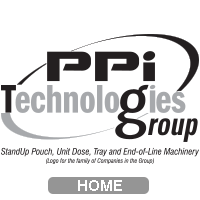We have a fundamental misunderstanding of what it means to be firm. We mistake brazen toughness for power and control. Our definition of toughness is that you fear nothing and are cold-hearted. Some individuals use the bully version, projecting strength, while hiding the hurt and insecurity within.
Firmness is about responding to a crisis and not overreacting. It’s about authentic connection and belonging, not leadership through fear. It’s about making the right choice under stress, uncertainty, and fatigue which requires emotional control. Real firmness is borne of self-security that is rooted in confidence, but not arrogance. Firmness is about figuring out how to thrive in adversity. It isn’t concerned with tough posturing, but making sure you send the right signals on what is required.
We send the same message in the workplace, parenting, and beyond. Research shows that the marketing folks, endurance athletes and military personnel are better at reading their inner signals than non-trained individuals. Managers with firm control are experts at listening to their body.
Imagine being dropped in the woods with a friend or two and asked to live off the land to survive. In the U.S.A. military, this is part of everyone’s training. It’s called SERE: survival, evasion, resistance, and escape. Studies find that up to 96 percent of individuals experience dissociation during the training. Some handle it better than others. Responding is being firm about what your plan is and not exhibiting how tough you are, but keeping your head cool amid chaos and completing the task.
When under pressure, we often default to a controlling leadership style. We dictate and demand, believing that we are taking charge and creating order out of disorder. This often backfires.
In the workplace, the strongest predictor of how well staff deal with demanding work was whether they felt respected and valued by their managers. In other research, those who report feeling more autonomy and less micromanaging have higher levels of job satisfaction and performance. Being firm and not overly tough is amplified when we have a choice and feel like we can make a difference.
When we satisfy basic needs, we create an environment where people play to win, instead of playing not to lose. When fear dominates, we perform worse. For many years we thought callousness was the key to toughness. It turns out the real secret sauce is being firm and a decent human being who actually cares about others as you make the final decision.






